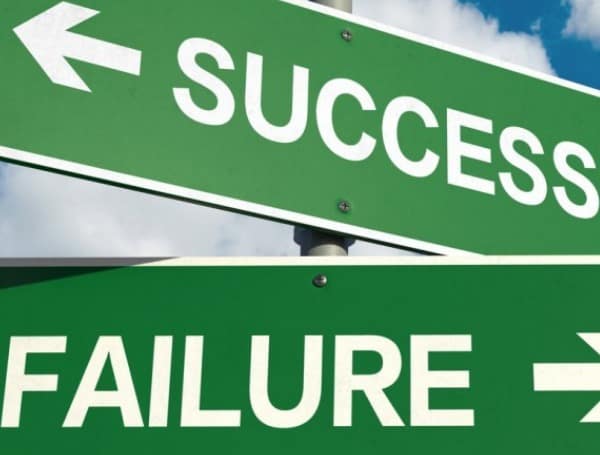Limitations, By Thomas R. Cuba, Ph.D.
Recently, I was privy to a conversation between two diametrically opposed ideologues. One person was promoting the idea that “Not all people are able to achieve their goals in life. Some are denied education. Some have so little money that every minute is spent getting enough to exist. Some have health issues that preclude their participating fully in activities that take them closer to their goal. Some have to take care of family members and give up their dreams for doing anything for their own long term advancement. Some have self-imposed limitations. Taken in whatever mixture they might be, some people are simply not capable of success.”
The other staunchly adhered to the tenet that hard work, persistence, and goal setting would eventually lead to success – the ‘American Dream.’
I found the exchange to be both thought provoking and somewhat nostalgic. Personally, I come from a family that espoused the second argument, but not everyone in the family had achieved the successes they sought. The nostalgic string was plucked as the discussion reminded me of my past careers. In one, my job was to identify and assess the limitations of an opposing fighting force. Then, as an ecologist, I learned about natural limitations imposed on various ecosystems. Finally, in statistics and mathematics, there are limitations to accuracies in computer models and equations which were only valid when examined between two end-points.
In essence, both participants in the discussion were correct and both were incorrect. Each was guilty of not being able to extend their ideology beyond the prior end-points.
The fact is that each person has limitations. In some, these are few. Others experience many of them. The limitations of an individual can be in natural talent, how they choose to develop and use that talent, and limitations put upon them by others. The limitations erected by others can be intentional or accidental, and can be recognized by those others, or the others can be blind to them. Hence, the participants had watered down the complexity into single statements that are meant to apply to everyone – and they don’t. In addition, the limitations a person has can change – perhaps due to a car accident and perhaps due to a war, pandemic, economic collapse, a winning lottery ticket, and so on.
What never arose in the conversation was the fact that neither of them needed to win the argument at all. Roughly 550 years before the birth of Christ, an essayist named Aesop provided the resolution to the dichotomy of views. In the same manner that Aesop illustrated that a single stick is easily broken while a bundle of sticks is impossible to break, were two people to choose to work together, they would each find that their own limitations were very likely to be overcome by the talents of the other.
In the original discussion, it is true that not everyone has the advantages of everyone else. While all people are created equal, their talents and situations are not. It is therefore incumbent upon the fortunate ones to help destroy the limitations of the less fortunate ones and, in reciprocity, it is incumbent upon those with greater limitations to set goals, work hard, and be persistent.
Some may view such an arrangement of positive cooperation to be a testament to a more socialist societal structure. There is one thing, however, and perhaps one thing only, that refutes that position: Cooperation over coercion. Cooperation is a voluntary and free choice that includes each doing his or her respective part. When one of Aesop’s sticks is rotten, whether it be one of the weaker or one of the stronger, it can no longer be deemed a cooperator; it has become a non-contributing benefactor of the combined strength of the others.
In all of this, it is equally necessary to remember that each person defines success in their own way. Many do so by measuring their financial success. Others measure success by family, career, contribution to society, or adherence to their faith. For myself, I like the way my friend Sebastian Roberts put it: “Success is building the person you’re happy to die as.”
About The Author: Thomas R. Cuba, Ph.D.
Raised a simple Missouri farm boy, Tom managed to attend a British Prep School before commencing a college career that would culminate in a Doctorate Degree in Marine Ecology. He also served as an Intelligence Officer in the U.S. Navy, and as a scoutmaster, SCUBA instructor, Wilderness Survival Instructor, and Firearms Instructor.
Tom has worked as an ecologist in both government and private practice, as well as a freelance nature photographer and computer programmer.
Now, a father and grandfather, Tom offers life lessons in the form of stories about the challenges people face and conquer as well as socio-political essays. To that end, his first lesson is always his favorite quote. “Failure is the whetstone of success.” ~ T. Leith Rettie, 1884.
You can read more from Tom on his site by clicking here.

